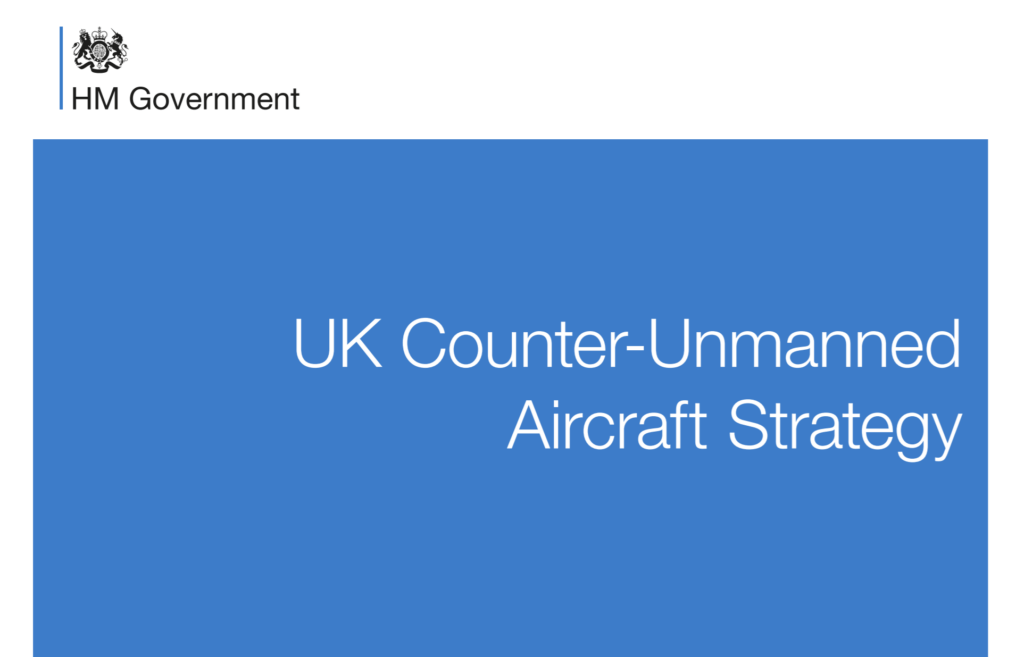It’s fair to say that the UK has a drone problem. Long before the chaos at Gatwick airport in December 2018, weekly news stories reported on ‘near misses’ from all over the country.
Across much of the media, it’s been portrayed as only a matter of time until a deadly, catastrophic air disaster occurs as a result of a drone.
In some ways, this regular bout of hysteria laid the foundations for what happened at Gatwick. If there was a determined team with knowledge of Gatwick’s internal workings – as police suspect – they must have been convinced by the reaction to previous drone incidents that their actions would cause a stir.
The guarantee that Brits would lose their collective minds also inspired Extinction Rebellion to launch a drone-related bout of disruption on a much smaller scale.
Back in September, Sussex Police admitted they had “no further realistic lines of inquiry”, and had ruled out 96 people of interest in an investigation that’s cost over £790,000 so far. Whatever happened at Gatwick looks set to remain a mystery.
But that isn’t going to stop the UK Government from putting forward new measures to combat the issue of rogue drones.
Read more: Flawed BBC Drone Documentary Does Further Damage to UK Drone Industry
“Action to detect, deter and disrupt the misuse of drones”
The UK Government has put forward a range of measures as part of a wider strategy. The aim, according to a statement released this week, is to “ensure individuals, businesses and emergency services in the UK can continue to harness the economic and social benefits of drones, while cracking down on misuse and disruption.”
The measures include the creation of a new, mobile counter-drone unit – presumably to allow the authorities to respond with more speed and effectiveness to situations like the one that unfolded at Gatwick
The UK Government also wants to establish international design standards for drone manufacturers that ensure safety features are implemented from the start. This will start with the formation of a new industry action group to encourage collaboration with the government.
On announcing the news, Security Minister Brandon Lewis said, “This government is proud of the UK’s burgeoning drone industry and we will do all that we can to ensure that the UK firmly establishes itself as a world leader in this industry.
But to ensure the drone industry can thrive in this country we must be able to crack down effectively on those who would use drones to cause harm or disruption. There is no silver bullet to help protect our infrastructure and our citizens from malicious or careless drone use. That’s why this Strategy outlines a broad range of work to ensure we can effectively tackle the threat.”
Transport Minister Baroness Vere said, “Unmanned aircraft, including drones, could transform how we move people and goods, boost our economy and even save lives. Unfortunately, they can be, and have been, used recklessly at airports and in our skies.
The UK has been at the forefront in tackling the malicious use of unmanned aircraft. This strategy, alongside existing and planned legislation, will let us tap into the benefits of this technology while helping keep people safe both in the air and on the ground.”

What else is in the UK Government’s new Counter Drone Strategy?
The strategy also includes:
- An Air Traffic Management and Unmanned Aircraft Bill, which will give police increased powers to tackle illegal drone use
- A new national standard for police recording of illegal drone activity to help build an accurate picture of ‘the drone threat’
- National guidance for police to assist them during malicious drone incidents
- Ongoing work with industry to research and test the latest counter-drone equipment
- The compilation of a catalogue of approved counter-drone technology to assure police and the owners and operators of critical national infrastructure sites that they are investing in the most effective and appropriate technology
- A government communications campaign to educate the general public and continue to encourage safe drone use
From November 30, every operator of a drone weighing more than 250g will need to register with the UK’s Civil Aviation Authority. All remote pilots will be required to pass an online competency test.
The full UK Government report can be read here.
Malek Murison is a freelance writer and editor with a passion for tech trends and innovation. He handles product reviews, major releases and keeps an eye on the enthusiast market for DroneLife.
Email Malek
Twitter:@malekmurison
Subscribe to DroneLife here.







[…] Supply hyperlink […]